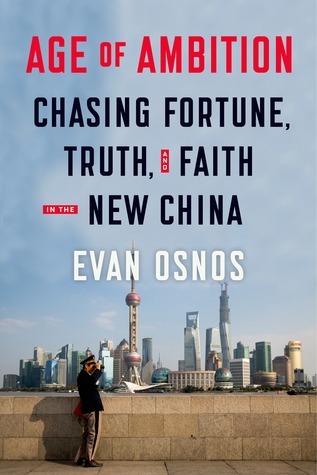More on this book
Community
Kindle Notes & Highlights
by
Evan Osnos
Read between
August 27 - September 4, 2017
Chinese leaders were facing a choice: to continue growing, they could adopt a more democratic form of government, as South Korea did in the 1980s, or they could recommit themselves to authoritarianism. Historically, the latter approach was risky. Over the long term, authoritarian states do not grow as reliably as democracies; they are fragile, and they tend to thrive only in the hands of visionary individual leaders.
affairs. China had already passed the threshold into what political scientists call the “zone of democratic transition”—when a country’s per capita income exceeds four thousand dollars, and the correlation with regime change rises sharply.
The real reason the Soviets fell, Hu Dehua argued, was that they couldn’t stop themselves from “appropriating public property by graft and bribery.”


